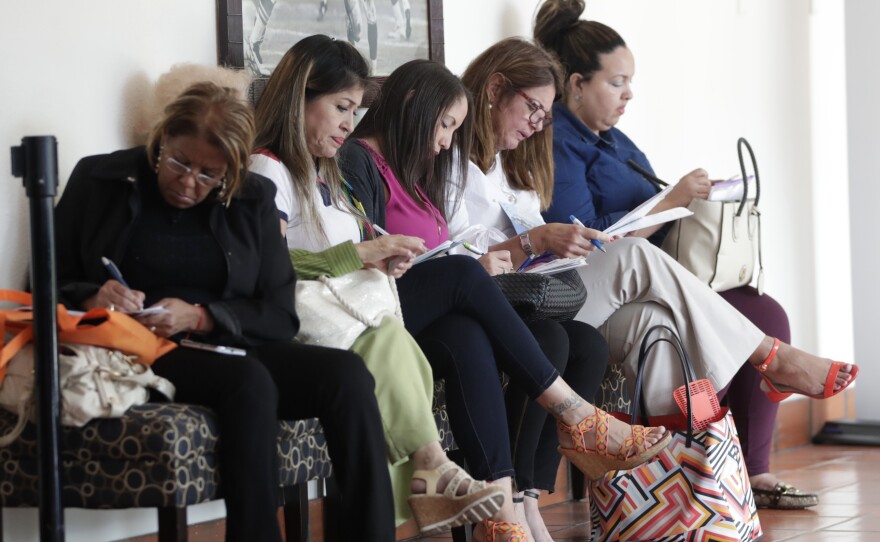Women who have graduated from college are on track to make up a majority of the labor force in 2019, marking a turning point in gender parity.
While women have made up a majority of college-educated adults for roughly four decades, they haven't always been a part of the work force. Now women are neck and neck with men in the labor pool.
This year's first quarter findings reported 29.5 million women in the labor force had at minimum a bachelor's degree, which now outnumbers college-educated men, at 29.3 million, according to an analysis by Pew Research of data collected from the U.S. Bureau of Labor Statistics. Women, ages 25 and older, now account for more than half of the college-educated workforce (50.2%) — an 11% increase since 2000.
The 1981-82 academic school year was the first time women received more bachelor's degrees than men. Since then, woman have consistently outpaced men in earning that same level of education, making up 57% of bachelor's degrees.
While women's representation among the college-educated workforce is expanding, they are still earning less than men. On average, a man with a bachelor's degree out-earns an equally qualified woman by about $26,000 per year.
Women have been told that more education will lead to better wages, according to a 2018 Georgetown University study. But despite having similar qualifications, there's still a pay imbalance.
According to NPR's Planet Money, there are many factors fueling the gender pay gap, including discrimination, educational experience and job choice, among others. They report that "the fields that employ a lot of women tend to pay less."
For example, women make up more than two-thirds of employees working as diagnostic related technologists or technicians (which usually involve operating hospital equipment like x-ray machines). However men in this same line of work earn nearly $19,000 more than women a year.
The Census Bureau reported that the average worker, between ages 25 and 64, earned $41,900 in 2017, compared to a worker with at least a bachelor's degree who earned $61,300. When specifically comparing gender pay differences, the earnings vary greatly between men and women. The median income of a man with a college degree is $74,900. A college-educated woman on the other hand, will earn $51,600.
The growing number of women in the work force with college degrees may overall signal greater earning potential and could eventually shrink the gender pay gap.
Since 2000, the college enrollment rate for female students has outnumbered males.
Copyright 2019 NPR. To see more, visit https://www.npr.org.






